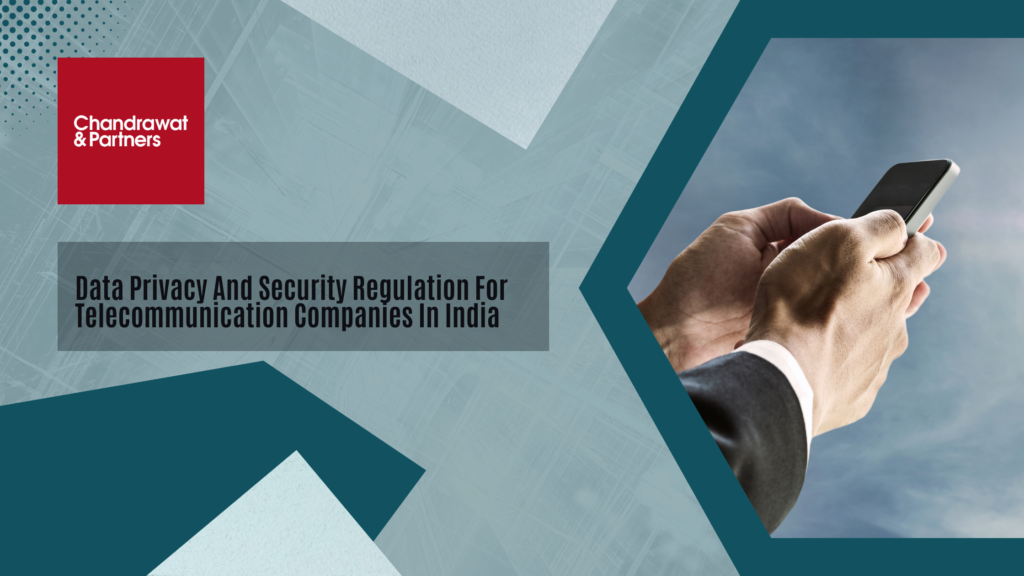Share :
Introduction
In an era where digital connection laws exist, Indian telecommunications businesses are essential to the interchange of data and communication. Stricter laws are becoming more and more necessary to protect the security and privacy of the enormous volumes of private and sensitive data that are passing across these networks as technology develops. This blog examines the data security and privacy laws that apply to Indian telecom providers and the safeguards they must put in place to preserve customer privacy.
The telecommunications industry in India has experienced rapid expansion, mostly due to rising internet usage and smartphone penetration. Concerns concerning the improper use and management of personal data have intensified in light of this increase in connectedness. India has put in place a thorough legal structure to protect data security and privacy in response to these worries.
Legal Landscape
- The Digital Personal Data Protection Act, 2023:
The Digital Personal Data Protection Act, which is already enacted, is significantly made India’s data protection laws. It places a strong emphasis on values including openness, purpose restriction, and data reduction. When managing user data, telecommunications businesses will have to follow these guidelines. - Telecom Regulatory Authority of India (TRAI):
TRAI is essential to the regulation of the telecom industry. Although prices and service quality are its main areas of attention, data privacy is also covered. By reducing unwanted commercial messages, the Telecom Commercial messages Customer Preference Regulations, 2018 (TCRI) seek to improve user privacy.
Key Regulatory Requirements
- User consent :
Before collecting and processing an individual’s personal data, telecom providers are required to get the express agreement of the user. The consent process must to be clear, simple to comprehend, and provide consumers the choice to decline.
- Data Localization:
Important personal data must be kept inside the boundaries of India, according to the proposed Personal Data Protection Bill’s data localization rules. This action improves data security and facilitates the regulation and protection of sensitive data by authorities.
- Data Breach Notification:
Telecommunications businesses have an obligation to swiftly notify the authorities and impacted users in the case of a data breach. Because of this transparency, users may take the appropriate safety measures and regulatory agencies can determine how serious the breach is.
- Security Measures:
Telecom businesses need to have strong security measures in place to guard against unauthorised access, disclosure, change, and destruction of user data. This covers frequent security assessments, access limitations, and encryption.
Challenges and Opportunities
Telcos struggle to strike a balance between the demand for data-driven services and consumer privacy, even as the legislative environment is changing to address data privacy issues. Aside from being required by law, finding this balance gives businesses a chance to gain the confidence of their user base.
Conclusion
It is impossible to overestimate the significance of data security and privacy as India continues its digital revolution. Telecommunications businesses have to take strong precautions to preserve user privacy and negotiate the constantly changing regulatory landscape with care as stewards of enormous volumes of user data. By doing this, they support everyone’s access to a safe and reliable digital environment in addition to helping to ensure that laws are followed. Telecommunications businesses have the potential to significantly influence India’s data protection narrative going forward, particularly as the legal environment continues to develop.
Our firm remains committed to vigilantly monitoring and analyzing developments in Data privacy and telecommunication laws, ensuring our clients receive comprehensive and strategic legal counsel tailored to their specific needs.
For more information or queries, please email us at
[email protected]





